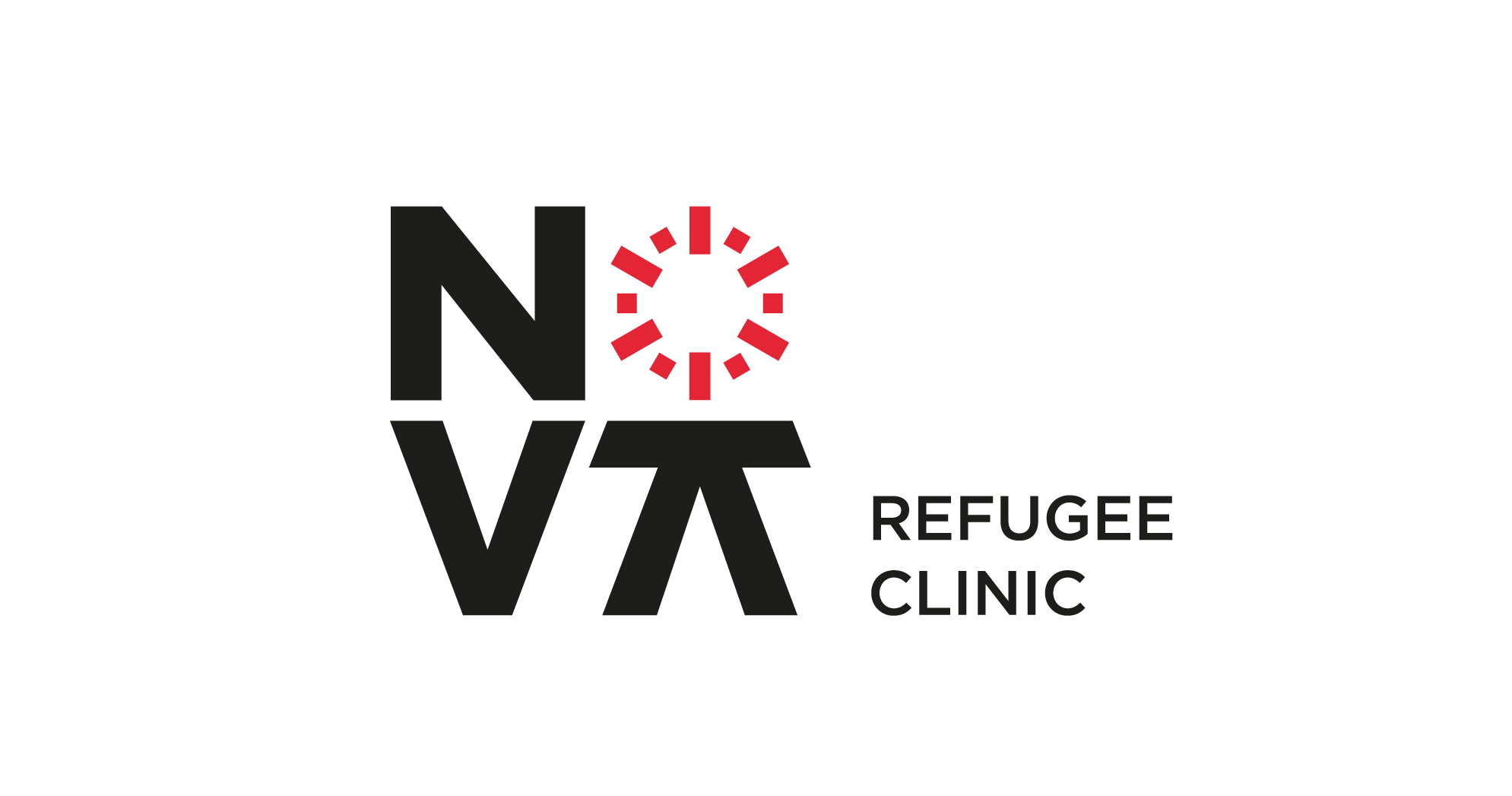The reality of LGBT+ Afghans
Tânia Azevedo[1]
Abstract:
This blog post addresses the reality in Afghanistan regarding the situation of the LGBT + Afghans. More specifically, it stresses the lack of protection and rights concerning this minority, as well as their imprisonment, persecution and death. The misleading interpretation of Sharia law is being used as a tool to criminalise same-sex sexual conduct in this country, and important principles such as the principles of Yogyakarta, are not being respected.
Keywords: Taliban; Sharia law; Article 427 of the Afghanistan Penal Code; Global Legislation Overview Update 2020; Principles of Yogyakarta.
- Introduction
Since 15th August, the day on which the Taliban reached Kabul, the world is wakening up slowly for the reality in Afghanistan. As President Ashraf Ghani, fled the territory, the Afghans were left behind to their fate. His behaviour was deeply criticized by one of his opponents, Abdullah, who considered his action as abandonment.[2]
People were running to the airport, hiding themselves at home, and fleeing to safer places, as the fear of devastating changes were taking off. This chaos was provoked by the Taliban, now themselves leaders of the country. But who are they and why people are so afraid of them?
- Who are the Taliban?
Taliban means “students” in the Pashto language and had first appeared in the decade of 90 in northern Pakistan. The group has promised since then to impose their interpretation of the Sharia law, linked to religion and part of the Islamic tradition. Its roots are the Quran, Sunnah, Qiyas and Ijma. If some of the answers cannot be taken from the law, while analysing a specific situation, religious scholars are consulted to lead on a particular subject. Different schools will study Islamic law, but the most influence are Hanafi, Maliki, Shafi’i and Hanbali that will provide different interpretations regarding the law. Consequently, this will make the perception of the Islamic law distinct, within the Islamic territories.[3]
- Homosexuality in Afghanistan
According to Islamic Sharia law, same-sex sexual relationships can lead to death, imprisonment or even flogging. Moreover, Afghanistan is a country that criminalises same-sex sexual conduct and that can be observed in article 427of the Afghanistan Penal Code of 2017, which states that those who commit sodomy with females and males, as well as adultery, will be punished by imprisonment.[4]
ILGA, in its Global Legislation Overview Update 2020, analyses the criminalization regarding same-sex relationships in different countries around the world including Afghanistan, in which we can verify in different sections of the Afghanistan Penal Code that crimes such as; sodomy, mosaheghe, tafkhiz and gahavadi are punished with imprisonment. Therefore, it is not mentioned the death penalty as a punishment. However, in practical terms that reality can be different, as the Taliban use a parallel judicial system to sentence people, where they interpret and apply to the case the Sharia law. According to UN Assistance Mission in Afghanistan in 2015, three people from the LGBT+ community were sentenced to death by “wall toppling” (being squashed by a wall of 3 meters). The sentence was imposed by a different justice court. Miraculously, one person survived to death, and it was free to live.[5]
In the Afghanistan Constitution the influence of Sharia law in articles, like article 130, is notorious as the court is free to apply different laws in order to reach the verdict. It is clear throughout this article the possibility of using in the trial the Sharia law, despite the fact that it condemns sexual relationships between people of the same sex, leading those found guilty to a severe outcoming, that can result in death and imprisonment.[6]
- The Human Rights of LGBTI people in Afghanistan
The lack of Human Rights in Afghanistan is deeply felt by its citizens, although the minorities as the LGBT+ Afghans are more and continuously at risk. According to article 3 of the Universal Declaration of Human Rights, life, liberty and security shall be available to every person despite their nationality, and everyone should be equal when facing the law, as well as they should have the right to the same protection, as it is highlighted in article 7 of the same Declaration[7] Even though the Universal Declaration of Human Rights is well recognised internationally, and it is one of the most significant statements regarding the rights that every human being should be entitled to, cannot be enforced by any State in another, or by any non-governmental organization in a specific country. LGBT + people are constantly being discriminated especially in countries such as Afghanistan, and the international community should be more united while fighting for their rights. The Principles of Yogyakarta are ignored in Afghanistan and should be reinforced in this country by the international community. It highlights, even more, this issue stating in its articles 33 and 33 (c) that no one should be criminalized on the basis of their “sexual orientation, gender identity, gender expression or sex characteristics “as well as all discriminatory laws should be extinguished.[8]The state should be the first to abolish criminal laws or behaviour that prohibit same-sex relationships, as it states in articles 2 (b) and 6 (b) of the Principles mentioned above.[9]
In Afghanistan, the not-for-profit organizations are established over two framework laws: the Law on Associations and the Law on Social Organizations. Looking carefully at these two laws, we can observe closely the influence of Islamic law on their articles. Article 3 of the Law on Associations establishes that associations should take into consideration the principles of Islam religion and its constitution while meeting their goals [10]. Nevertheless, the same idea is defended by the Law on Social Organizations of Afghanistan, which states in its article 3, that Social Organizations shall follow the principles of the holy religion of Islam.[11]
According to some of the reports brought by the few journalists, or members of certain organizations still in Afghanistan, many countries are trying to come to solutions to support as many Afghans as they can to leave the country, however, many are still being left behind including LGBT +minority. Unfortunately, some of the LGBT+ Afghans are being persecuted violently by the Taliban,[12]while others are being beheaded.[13]
Some charities, as Rainbow Railroad and Stonewall, global NGOs, are trying continuously to help LGBT+ Afghans to leave the country. One of their major concerns is related to the fact that the Taliban will see LGBT+ Afghans as an easy target, which will raise even more a cry for help. This specific group is more vulnerable than ever, as they know well the track of violence left behind by the Taliban.
The organizations are trying to be in contact with as many people as they can in Afghanistan, however it is difficult owing to the situation that all of them are experiencing at the moment. Some of the LGBT +Afghans are hiding in secret locations as they fear the death penalties imposed by Sharia law. Nevertheless, people who take the risk of fighting for LGBT+ rights need to work in places where they will not be found and their phones are constantly being changed which makes it even harder to find them.[14]Both organizations, Rainbow and Stonewall, wrote a letter to the Prime Minister and Foreign Secretary of the U.K. urging for help regarding the situation of LGBT+ Afghans in their evacuation from the country.[15]
A Taliban Judge, Gul Rahim, during an interview, has demonstrated the intentions of the Taliban regarding the LGBT+ Afghans, saying that the punishment for being who they are can result in stoning or “wall toppling”. This is the ideal reality for this Taliban judge, as he says that this is the normal conduct that he expects to see. For him, Sharia law is the only possible law.[16]
- Concluding Remarks
The world is divided towards Afghanistan. While some people would say that the country should do something for them, others are trying tirelessly to take people at risk from there. However, even if the world would be able to take all those that claim for help from Afghanistan, what would happen to the country? The Taliban and other extremists’ groups would still be there, torturing, killing and rapping. This is the group who is leading the country at the moment and Afghanistan seems completely lost in their hands. Does the international community have responsibility for what is happening in Afghanistan? I will leave this topic for another blog post.
[1] Tânia Azevedo, undergraduate Law Student at Nova School of Law and a team member of the research line in Migration & Gender and Sexuality at Nova Refugee Clinic.
[2]Jim Huylebroek, Kabul’s Sudden Fall to Taliban Ends U.S Era in Afghanistan, in The New York Times Newspaper, 2021available at: https://www.nytimes.com/2021/08/15/world/asia/afghanistan-taliban-kabul-surrender.html
[3]What is Sharia law? What does it mean for women in Afghanistan? in BBC News, 2021 available at: https://www.bbc.com/news/world-27307249
[4] Penal Code of Afghanistan,1976 available at: https://learningpartnership.org/sites/default/files/resources/pdfs/Afghanistan-Penal-Code-1976-English1.pdf
[5]ILGA World, State-Sponsored Homophobia, Global legislation Overview Update,2020 available at: https://ilga.org/downloads/ILGA_World_State_Sponsored_Homophobia_report_global_legislation_overview_update_December_2020.pdf
[6]The Constitution of the Islamic Republic of Afghanistan,2004 available at: http://www.afghanembassy.com.pl/afg/images/pliki/TheConstitution.pdf
[7]United Nations Universal Declaration of Human Rights,1948 available at: https://www.jus.uio.no/lm/en/pdf/un.universal.declaration.of.human.rights.1948.portrait.letter.pdf
[8] The Yogyakarta Principles plus 10,2017 available at:http://yogyakartaprinciples.org/wp-content/uploads/2017/11/A5_yogyakartaWEB-2.pdf
[9]The Yogyakarta Principles,2007 available at: https://www.refworld.org/pdfid/48244e602.pdf
[10]The Law on Associations of Afghanistan, 2013 available at: https://www.icnl.org/wp-content/uploads/Afghanistan_assoclaw.pdf
[11]Law on Social Organizations of Afghanistan,2003 available at:https://www.ilo.org/dyn/natlex/docs/MONOGRAPH/85504/95754/F1010090507/AFG85504.pdf
[12]Jocelyn Evans, Afghanistan: Gay man in Kabul “raped and beaten” by Taliban after being tricked into a meeting, in ITV News, 2021 available at:https://www.itv.com/news/2021-08-28/being-gay-in-afghanistan-the-taliban-raped-him-and-beat-him
[13]Tracey Shelton, LGBT Afghans are on the run, afraid they could be stoned to death under Taliban law, available at: https://www.abc.net.au/news/2021-09-02/afghans-lgbt-community-face-stoning-under-taliban-law/100412330
[14] Madeleine Carlisle, How One Nonprofit Is Attempting to Help LGBTQ Refugees Fleeing Afghanistan,2021 available at: https://time.com/6091111/lgbtq-refugees-afghanistan/
[15] Stonewall and Rainbow Railroad, Letter to the Foreign Office,2021 available at:https://www.stonewall.org.uk/system/files/stonewall_rr_letter_foreign_office.pdf
[16] Paul Ronzheimer, This Taliban judge orders stoning, hanging, hands chopped off, in Bild Newspaper, 2021 available at: https://www.bild.de/politik/international/bild-international/this-taliban-judge-orders-stoning-hanging-hands-chopped-of-77067554.bild.html
HOW TO CITE THIS BLOG POST:
Azevedo, Tânia. “The reality of LGBT+ Afghans”. NOVA Refugee Clinic Blog, November 2021, available at <https://novarefugeelegalclinic.novalaw.unl.pt/?post_type=blog_post&p=2983>


